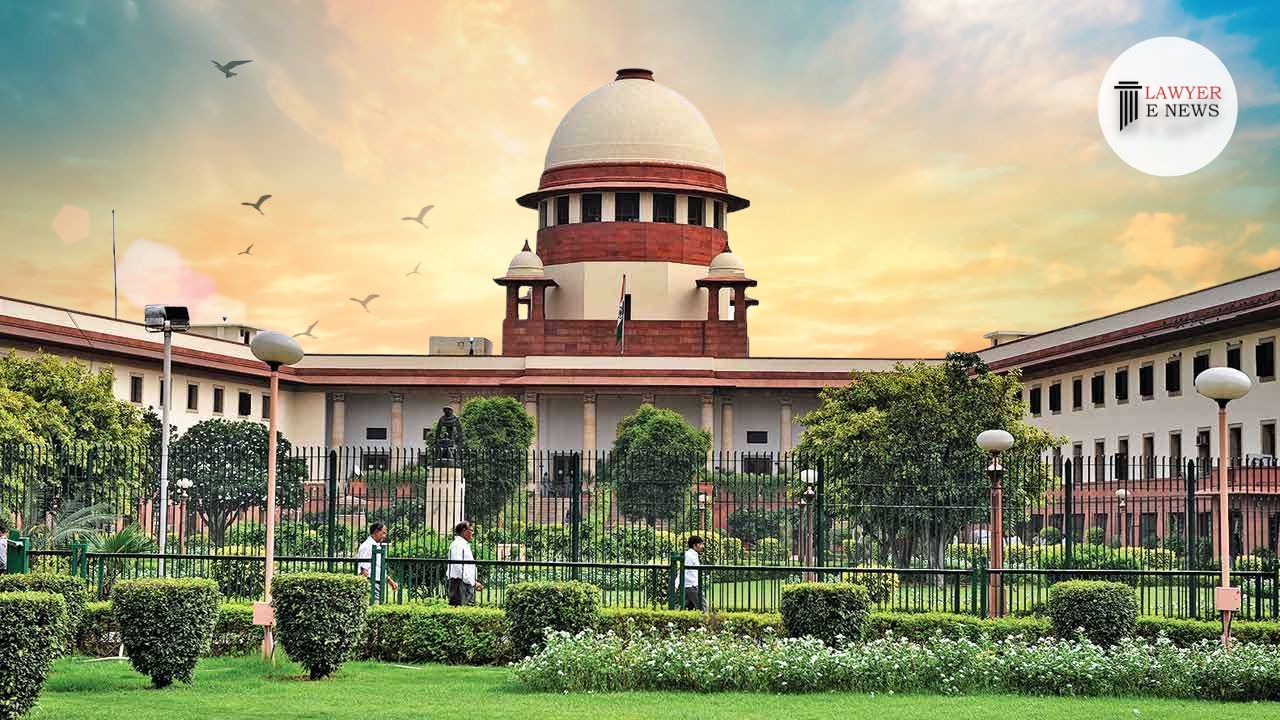-
by Admin
15 February 2026 5:35 AM



The Supreme Court of India addressed a critical legal point in the Shah Enterprises case, focusing on whether filing a civil suit asserting legal rights over land constitutes contempt of court, especially when the suit is a part of an ongoing legal dispute.
The case involves Shah Enterprises appealing against the dismissal of their contempt petition. The petition was filed against the respondents for allegedly breaching a consent decree regarding ancestral land rights. The legal issue was whether the filing of a new civil suit by the respondents against Shah Enterprises constituted contempt of court, considering a previous consent decree.
The Court held that simply filing a civil suit to assert legal rights over land does not equate to contempt of court, particularly in the context of ongoing disputes with multiple parties. The Court remarked, “mere filing of the suit would not amount to contempt” [Para 10].
It was noted that the appellant’s active participation in the civil proceedings contradicted their claim of contempt. This participation indicated an acknowledgment of the legal process [Para 14].
The Court distinguished this case from the precedent set in Skipper Construction, noting significant differences in the facts and circumstances. In Skipper Construction, there was clear defiance of direct court orders, unlike in the present case [Para 20-22].
The Supreme Court dismissed the appeal, finding no merit in the contention that the filing of a suit by the respondents amounted to contempt of court. The observations were limited to the question of contempt and should not influence the ongoing property dispute trial [Para 26-28].
Date of Decision: 6th March 2024
M/S Shah Enterprises vs. Vaijayantiben Ranjitsingh Sawant & Ors.
